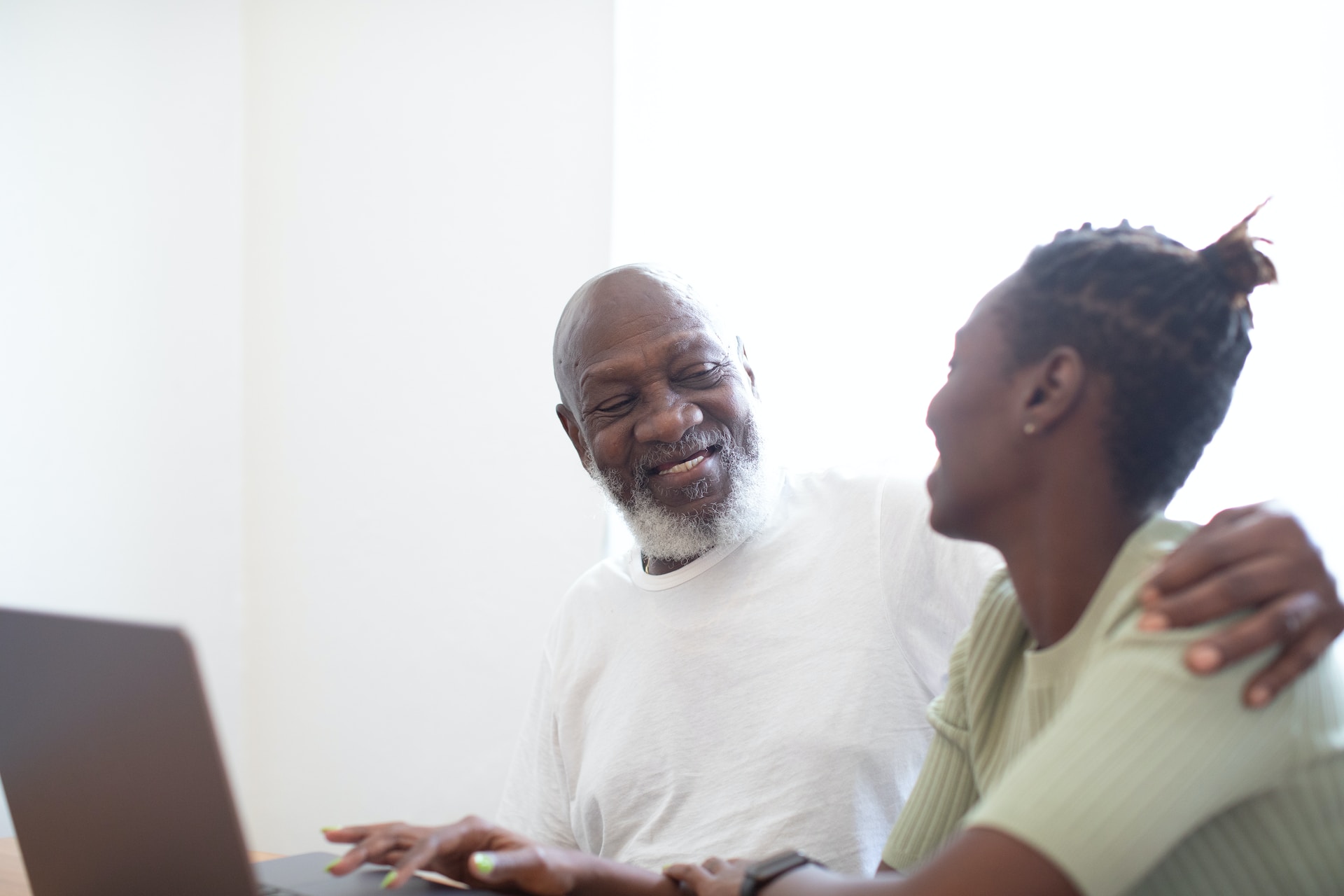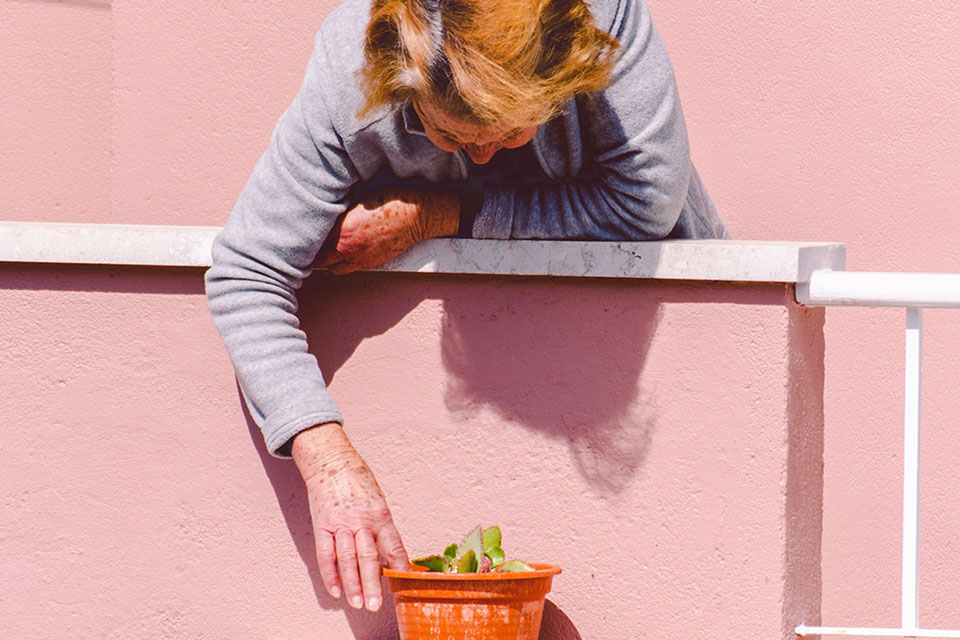Coping with New Technology When You’re Getting Older
One of the clearest generational divides is technology. Today’s senior adults have gone from black-and-white TVs and landlines to having a miniature computer known as a smartphone. It is capable of everything from alarm clock to communication to storing photos of grandkids. When those devices need to be upgraded and updated, learning new technology can become a major hurdle for those who are getting older. There are plenty of hilarious videos of children and teens trying to figure out dial-up and landlines. It is less hilarious to be an older person struggling to keep pace with the internet. Older people are particularly susceptible to scammers and AI-manufactured replicas of their families. Santa Clarita Christian Counseling offers support and guidance to help older individuals navigate these challenges, empowering them with knowledge and confidence in the digital world. Common scams against people who are getting older Here are some ways that scammers try to prey on those who are getting older. Tech support scams: These scams involve scammers calling or emailing people pretending to be from a well-known technology company. They may say that there is a problem with your computer and that you need to pay them to fix it. Do not give out personal information or financial information to anyone who unexpectedly calls or emails you. Grandparent scams: These scams involve scammers calling or emailing people pretending to be a grandchild or other close relative. They may say that they have been arrested or in some other kind of trouble and need money immediately. Do not send money to anyone who contacts you unexpectedly and asks for money. Phishing scams: These scams involve scammers sending emails or text messages that look like they are from a legitimate company, such as your bank or credit card company. They may ask [...]



